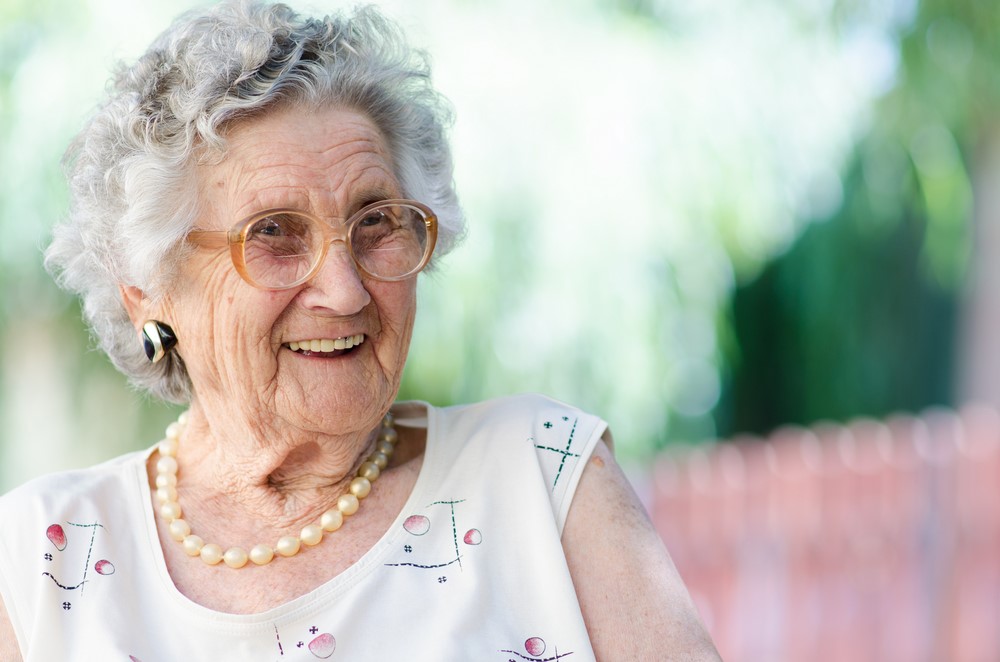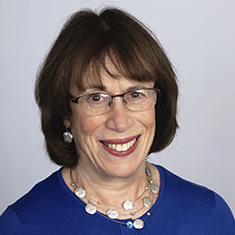Aging Parent and Family Conflicts: What You Can Do

Meet “Blanche”.
I am introducing her to you as an example of a situation where adult children are in conflict regarding the care of an elder parent.
Blanche — a feisty widow who lives alone — is starting to have significant health problems. Yet she wants to stay at home in Philadelphia. Her son, Bill, agrees. He wants to help her remain in her house by bringing in care. Her two daughters, however, think she should move to an Assisted Living Facility near one of them. Susan lives in Connecticut. Karen lives in Arizona. They are thousands of miles away – literally and figuratively. And so all the siblings are at an impasse with emotions running high. At this point, Blanche is in the middle of a fight among her children at a time when she needs help and care.
For Adult Children — Getting the Help You Need for Elder Parents
Baby boomers are now of an age when they have become the adult children of elder parents who may have health concerns. All of a sudden their parents need help. And they have to step into a caregiver or decision maker role. What does this mean for all the Blanches out there?

Often the adult children don’t know what hit them. Many parents are resistant to help and fear losing independence. Siblings who always got along may suddenly feel their relationship is strained. On the other hand, old sibling rivalries can flare and escalate an already emotionally charged situation. In these cases, everyone seems to have their own opinion on what “mom” needs.
Tough Questions to Answer for “Mom”
Should she stay at home? Bring in help? Still drive? Should she move near one of the adult children? Which one? Is she spending too much money? Too little money? Is the home accessible and safe to age in place, or might there be things that create a risk of falls?
And Then There Was a Pandemic
Not to mention all the questions brought about by the COVID-19 pandemic. What are the complications it causes for individuals in this vulnerable age group? Should mom even be going out at all? And, if not, then will she become isolated and lonely? Is it safe to bring help into the house? And is it safe to move into a communal or facility setting?
The current COVID-19 pandemic has escalated already stressful situations. It has added even more opportunities for disagreements and stalemates among adult children regarding care needed by parents. With everyone struggling to keep themselves and their families safe, adult children are in a tough situation.
Compounding the problem is that these adult children may not have any experience working together in the past and must now find consensus in care for their parent(s). Anger, distrust and frustration often rear their ugly heads. Family relationships can be torn apart quickly under the strain of deciding on care and finances for an elderly parent.
Geriatric Care Management Can Help
This is where a Geriatric Care Manager can help. Also known as Aging Life Care Professionals, Geriatric Care Managers are trained and experienced. They help families work through issues and conflicts related to decisions that need to made on behalf of older parents. As highly skilled and knowledgeable professionals in aging and family dynamics, Geriatric Care Managers can facilitate discussions and advocate for solutions which prevent more serious discord within the family system.
Often a win-win scenario emerges that all can live with. Living arrangements, care in the home, “taking away the car keys”, financial issues, end-of-life decisions…these are just a few pain points that commonly are addressed.
7 Important Contributions of a Geriatric Care Manager
Getting help early in the process is critical to heal and preserve relationships within the family. The Geriatric Care Manager can assist with identifying both the many difficult issues and the available options facing the elder parent and family. All voices have an opportunity to be heard as the objective professional can facilitate a process leading to an acceptable resolution. This also works to ensure that the elder parent is able to communicate their own wishes and not be overlooked. Support is available to all family members as their roles shift and change.
Your Geriatric Care Manager can:
- Assess — impartially and professionally — the elder parent’s situation and needs.
- Understand the elder parent’s own wishes.
- Talk with the adult children, separately and together, to discuss future planning.
- Lead family meetings with everyone having a voice.
- Identify and help implement an appropriate care plan.
- Support and guide both the older parent and children as they navigate this critical decision-making.
- Build consensus so desired outcomes can be achieved and relationships preserved.
Role of Attorneys, Trust Officers, Financial Advisors and Other Such Professionals
Attorneys, Trust Officers, Financial and other Professionals are often the first to see family discord around the changing care and needs of their elder clients. This can put them in the middle of complicated and emotional situations well outside of their speciality and professional role. That is why Professionals in these fields often partner with Geriatric Care Managers. They know that the sooner the process of resolving family conflicts begins, the easier the resolution may be. In addition, taking action quickly can help to minimize any damage to family relationships.
Collaborating with Intervention Associates
For over thirty years, the Geriatric Care Managers at Intervention Associates have been helping families successfully navigate the challenges and decision making that occur as a parent ages. Working with elder adults and their families can be very rewarding but also very challenging. We can serve as a valuable partner in your service to your clients.
Have you had a personal or professional experience dealing with a tough situation like the one affecting Blanche and her adult children? We’d like to hear about it. Share it in the comments section under this blog post.
Written by:

Judy Siderer, MSW, LSW: Clinical Supervisor of Care Management
Judy Siderer has been on the Intervention Associates team for over 25 years. She offers clients extensive experience working with diverse populations including geriatric, intellectually disabled, mental health, special needs and traumatic brain injury. Judy’s clinical expertise, communication skills, insight and sensitivity make her uniquely qualified to manage the most challenging circumstances. In her role, she also provides clinical training and supervision for new care managers. Judy Siderer earned a Master’s of Social Work degree from Temple University and an undergraduate degree in psychology.
Image source – upset woman: https://www.pikist.com/free-photo-srlmw


